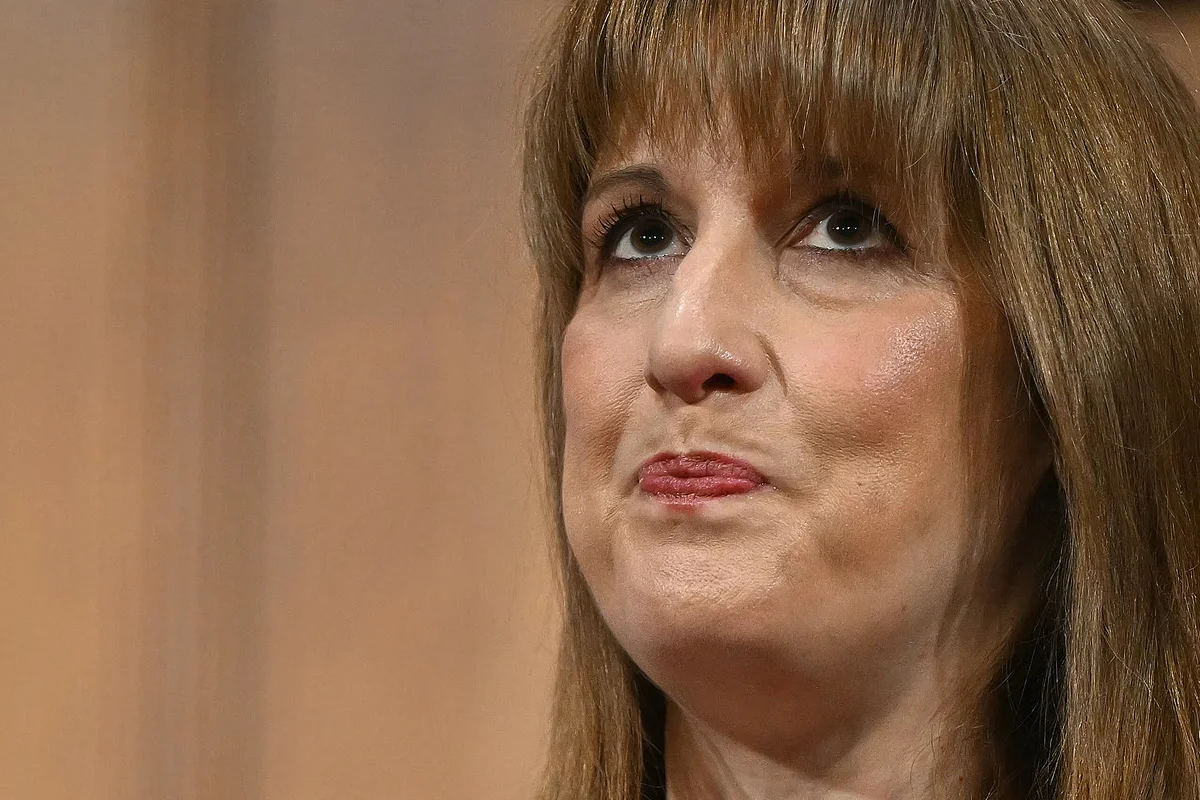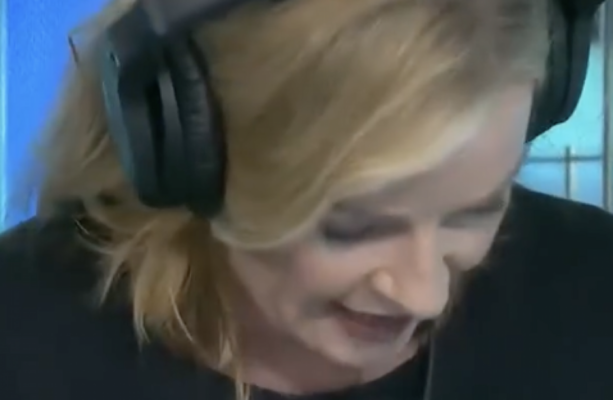Copyright independent

It takes a little effort now to recall the glad, confident morning of 5 July 2024, immediately after the general election, when the Labour Party was luxuriating in its landslide victory and Sir Keir Starmer – the most grown up of grown-ups in the room – seemed set to “end the chaos and confusion” that had disfigured of the final days of Tory rule. Yet the record of the last week or so suggests that Labour is perfectly capable of generating its own style of chaos and confusion – and of emulating some of the worst of the Tories’ mistakes. It kicked off with the chancellor, Rachel Reeves, making an unprecedented “scene-setting” pre-Budget speech, which was apparently designed to win some public understanding and sympathy in advance of the tax hikes universally expected to be announced on 26 November. Ms Reeves – unable to actually confirm the measures she hasn’t quite made up her mind about anyway – left the media folk gathered in the briefing room in Downing Street, along with the general public, fearing the worst. No one was particularly convinced that the unspoken tax rises she was about to impose were either necessary or happening for reasons entirely outside her control. As a “story”, the speech suffered from having a beginning and a middle, but no end. What Ms Reeves did seem to signal, to her own obvious discomfort, was that the Labour government is about to ditch the most important of its manifesto commitments, on personal taxation. Worse than that, she must also realise that she is about to shred her own credibility, alongside that of her government, in the eyes of many voters – and, most poignant of all, to allow the Conservatives to revive their traditional slogan that Labour can’t be trusted to run the economy. Such reputations are hard to live down. The middle of the week was dominated by a beleaguered David Lammy – justice secretary, lord chancellor and deputy prime minister – having to justify mislaying dangerous criminals, and caught in a clever trap set by the Tories about the prisoners released by mistake. It all left Mr Lammy looking as though he was out of control of events, and evasive at the very least. Only a matter of weeks after the loss of one deputy prime minister, Angela Rayner, there were moments when it looked like Sir Keir might be facing another fateful exchange of letters, this time with her replacement. With the best will in the world, it has to be said that the situation seemed chaotic and confused. To round things off, the secretary of state for culture, media and sport, Lisa Nandy, was found to have “unknowingly” breached public appointment rules when it emerged that her choice for the head of the new football regulator was someone who had donated to her leadership election campaign in 2020. The whiff of sleaze in that case is rather faint, but it’s hardly an example of upholding the highest possible standards in public life, free from even the perception of wrongdoing, that Sir Keir used to talk about so much. In such circumstances, the prime minister must surely have been glad to have been in Brazil for the Cop30 summit. It is where he should be, given Britain’s leading role in battling the climate crisis. However, the fact is that his government has grown so shambolic that his attendance at an important international conference might look as though he’s missing in action, or dodging trouble. In other words, far from Sir Keir being able to fly out confident in the knowledge that his government is in safe hands, he knows it is more likely than not that they’ll collectively drop the ball. Not, of course, that the prime minister’s own leadership has always followed the most consistent path. The biggest disappointment of the week was actually a dog that didn’t bark, so to speak – the Bank of England’s narrow decision once again to postpone a cut in interest rates. Even a modest reduction would have given the country some cause for hope on the economy, and the chancellor some tangible endorsement of her policies in advance of the Budget. Instead, she and her colleagues are about to face their sternest test yet, exceeding even the loss of Ms Rayner or the failure to get a grip on the migrant crisis. Unless the last few months have merely been an elaborate exercise in managing expectations, the Budget in three weeks’ time will be a profoundly depressing affair in every way, confirming the sense of a nation almost trapped in some sort of fiscal doom loop. Even if it does end up being less harsh than predicted – and even if Ms Reeves finds some way to avoid breaking the manifesto pledge on income tax – it is hardly going to be rip-roaringly popular. The Budget will probably nudge Labour’s dismal standing – the party is currently languishing on about 16 per cent in the opinion polls – towards single figures, something that was unimaginable when it assumed power. It’s just as well that a general election is still three or four years away, but if it is to have any chance of revival, this Labour government can’t have many more weeks like the last one.



